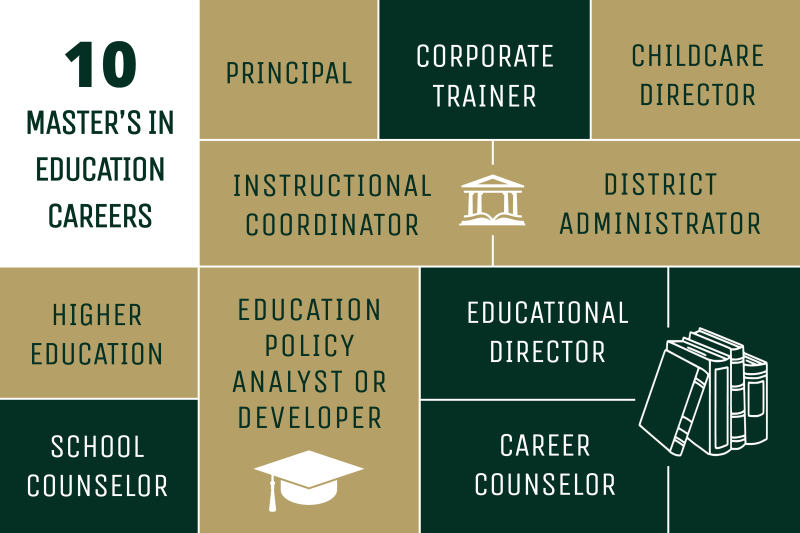
Certainly! M.Ed stands for Master of Education, and it is a postgraduate academic degree that focuses on various aspects of education and teaching. The specific structure and requirements of M.Ed programs can vary between universities, but here are some common features you might find in such a course:
1. Duration:
M.Ed programs typically last for 1 to 2 years, depending on the country and institution.
2. Eligibility:
Candidates usually need a bachelor's degree in education or a related field. Some programs may also consider applicants with relevant work experience in education.
3. Curriculum:
The curriculum generally includes a mix of core and elective courses. Core courses often cover topics such as educational philosophy, curriculum design, educational research, and leadership in education.
4. Specialization:
Many M.Ed programs offer specializations or concentrations, allowing students to focus on a specific area of education. Common specializations include educational leadership, curriculum and instruction, special education, and educational technology.
5. Practicum/Internship:
M.Ed programs often include a practical component, such as a teaching practicum or internship, where students gain hands-on experience in a classroom or educational setting.
6. Thesis or Project:
Some M.Ed programs require students to complete a thesis or a research project as a culmination of their studies.
7. Assessment and Evaluation:
Courses related to assessment and evaluation methods are often included to help educators measure and improve student learning outcomes.
8. Technology Integration:
Given the increasing role of technology in education, many M.Ed programs include coursework on integrating technology into teaching and learning.
9. Education Policy and Advocacy:
Some programs cover aspects of education policy and advocacy to prepare educators to engage with broader educational issues.
Before enrolling in an M.Ed program, it's crucial to research and choose a program that aligns with your career goals and interests. Additionally, make sure to check the admission requirements, course structure, and any prerequisites specific to the institution you are considering.

Why Choose Master of Education (M.Ed):
Choosing to pursue a Master of Education (M.Ed) degree can offer a range of benefits for individuals interested in the field of education. Here are some reasons why someone might choose to pursue an M.Ed:
1. Career Advancement:
An M.Ed can open up new opportunities for career advancement within the field of education. Many leadership and administrative positions in schools and educational organizations require or prefer candidates with a master's degree.
2. Specialization:
M.Ed programs often allow for specialization in specific areas of education, such as educational leadership, curriculum development, special education, or educational technology. This allows individuals to deepen their expertise in a particular area of interest.
3. Professional Development:
The advanced coursework and research involved in an M.Ed program contribute to continuous professional development. It keeps educators updated on the latest educational theories, practices, and research, enhancing their effectiveness in the classroom.
4. Increased Knowledge and Skills:
M.Ed programs cover a wide range of educational topics, providing educators with a comprehensive understanding of educational theories, pedagogical approaches, and practical teaching strategies. This expanded knowledge base can contribute to improved teaching and learning outcomes.
5. Enhanced Teaching Practices:
Through the coursework and practical experiences, educators can refine their teaching methods and strategies. This can lead to more effective classroom management, improved student engagement, and better learning outcomes.
6. Leadership Opportunities:
For those interested in educational leadership roles, such as becoming a school principal or administrator, an M.Ed is often a requirement. The program equips individuals with the skills and knowledge needed to take on leadership responsibilities in educational institutions.
7. Networking Opportunities:
M.Ed programs often provide opportunities for networking with fellow educators, administrators, and professionals in the education sector. Networking can lead to valuable connections, collaborations, and access to resources.
8. Research Opportunities:
Many M.Ed programs include a research component, allowing individuals to contribute to the field of education through original research. This can be particularly appealing for those interested in shaping educational policies, practices, and theories.
9. Meeting Certification Requirements:
In some regions, obtaining an M.Ed may be a requirement for maintaining or obtaining certain teaching certifications or licenses. It is essential to check the specific requirements in the region where you plan to work.
Before deciding to pursue an M.Ed, individuals should carefully consider their career goals, the specific program offerings, and how the degree aligns with their aspirations within the field of education.
